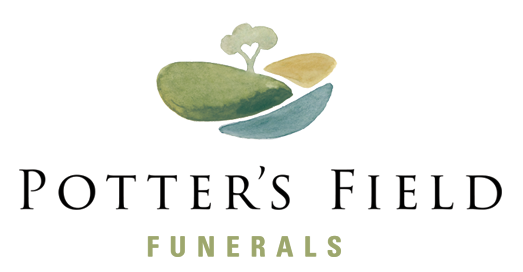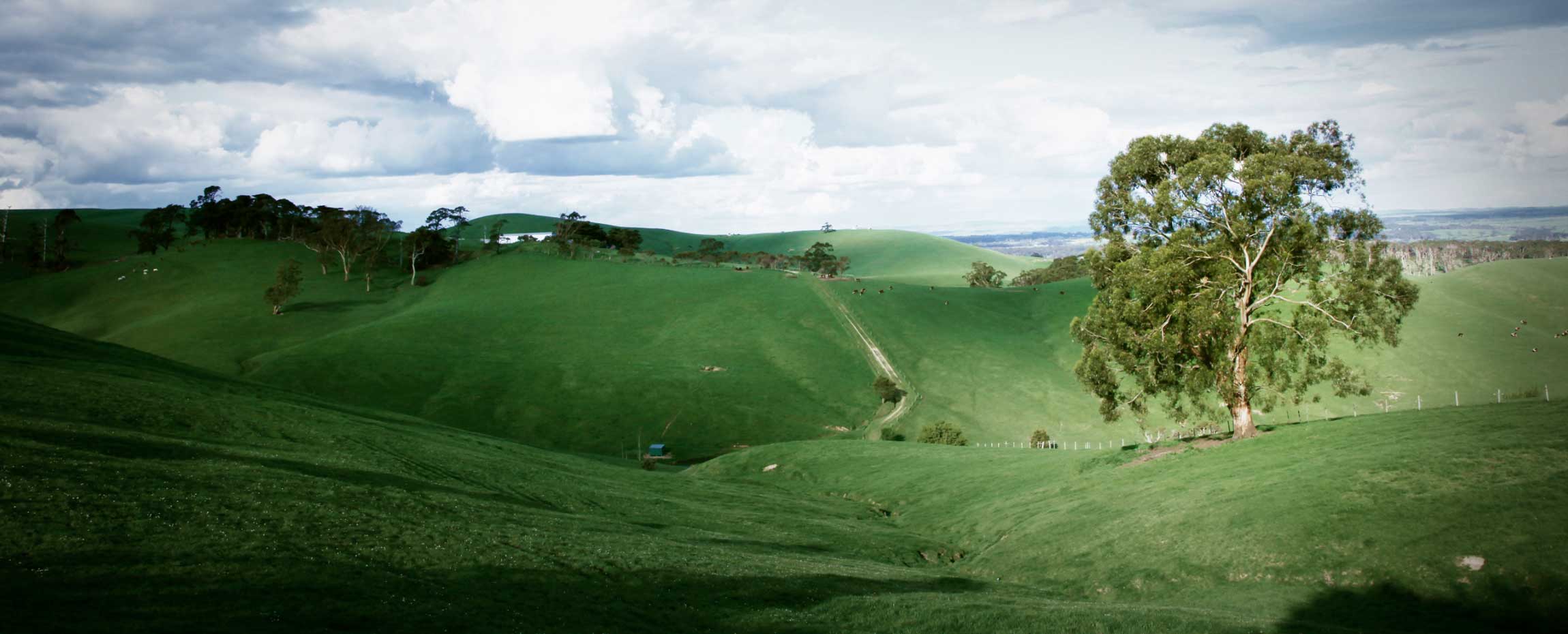I have, what I consider to be, the benefit of living in a progressive inner-city bubble; one in which social conscience is de rigueur, environmental literacy is a birthright, and death is the dish of the day.
I can (and do) wax poetic to my like minded friends about death acceptance, green funeral choices, and reclaiming our death rituals back from the Men in Black (or blue or grey), or the somewhat more disconcerting Ladies in White.
The conversations are usually enthusiastic, curious, and light-hearted. But then on occasion I am brought sharply back to reality when I’m met with a response that best resembles abject horror.
You want me to keep my dead mum/dad/grandma etc at home?
Well no, I don’t want you to; I want you to be able to if that’s your wish.
It is in those moments I remember that I’ve done death: in palliative care; at the Coroners Court; with Victoria Police; in a forensic mortuary. Basically I’ve seen it all and if we’re going to be honest, I’ve smelt it all. Have I become desensitised to death: the dead body, its colour, temperature and smells? Am I deluded in thinking people are going to want to take death back from behind the corporate veil, to know it, touch it and take ownership over every decision that governs the final journey of their loved one from this mortal coil?
Fortunately, for both my sanity and my career, I am not.
The natural death movement, in its infancy in Australia, is a growing interest group with its roots firmly planted in the UK and the US, in which people are choosing, if not entirely, at least partially, to do away with the services of a funeral director and all the fancy accoutrements that go along with them.
The DIY approach to funeral care is not only a way for people to honour their loved ones in a more comfortable and inclusive way, it is also an environmentally responsible act by its nature; people aren’t embalming their loved ones on the kitchen table. Nor are they wanting to bury or burn them in mirror polished, satin lined caskets. Home funerals and natural burial go hand in hand.
So far in Australia there are no definitive regulations overseeing the definition or use of terms such as natural burial or eco/green funerals. At one end, someone might espouse cremation in a cardboard box as an environmentally responsible choice, failing to take into consideration that the deceased has been embalmed or the fact that the production and destruction of cardboard coffins can leave as significant a carbon footprint as a wooden one.
At the other end of the spectrum, we could be talking about a home or family-led funeral in which the family keep their loved one at home after death, bathe and dress the deceased, wrap them in a shroud of linen or silk, and bury them, sans coffin, in a natural burial ground free of any marker other than a sprouting tree or a naturally fallen stone.
There are no laws in Victoria that state the services of a funeral director are required, nor is it a requisite to embalm a body unless it’s being repatriated overseas; in fact, you can even apply to bury your loved one on private property if you so wish (rarely granted). The only exception, perhaps unsurprisingly, is that you can’t carry out your own cremation. So there’ll be no dancing around the funeral pyre just yet.
Whether you choose to talk in terms of natural burial, eco/green or DIY funerals the fact is the landscape of the death industry in Australia is evolving.
I like to use the term ethical death advocacy when referring to my own philosophical approach to death and dying as it includes all of the environmental considerations along with the equally important factors of choice and transparency.
If there’s one thing I’ve learnt from working with the bereaved, it’s the importance of information and understanding. Questions and answers inevitably make up the majority of my conversations with families in any death context and that forms the beginning stages of their grief process.
It is not for me to determine what path someone chooses to say goodbye to their loved one, my role is only to help facilitate it.
This article originally appeared on ABC’s ‘The Drum’ online. The author, Audrey Lake, is a funeral consultant and social media director of Victoria’s only Social Enterprise funeral company, Potter’s Field Funerals. She has a postgraduate degree in counselling and has specialised in working with victims of crime, grief and traumatic bereavement. In her 'death-centric' career she has worked as a counsellor and case manager in palliative care, at the Coroners Court of Victoria, with Victoria Police, and as a forensic mortuary technician at the Victorian Institute of Forensic Medicine.


Recent Comments